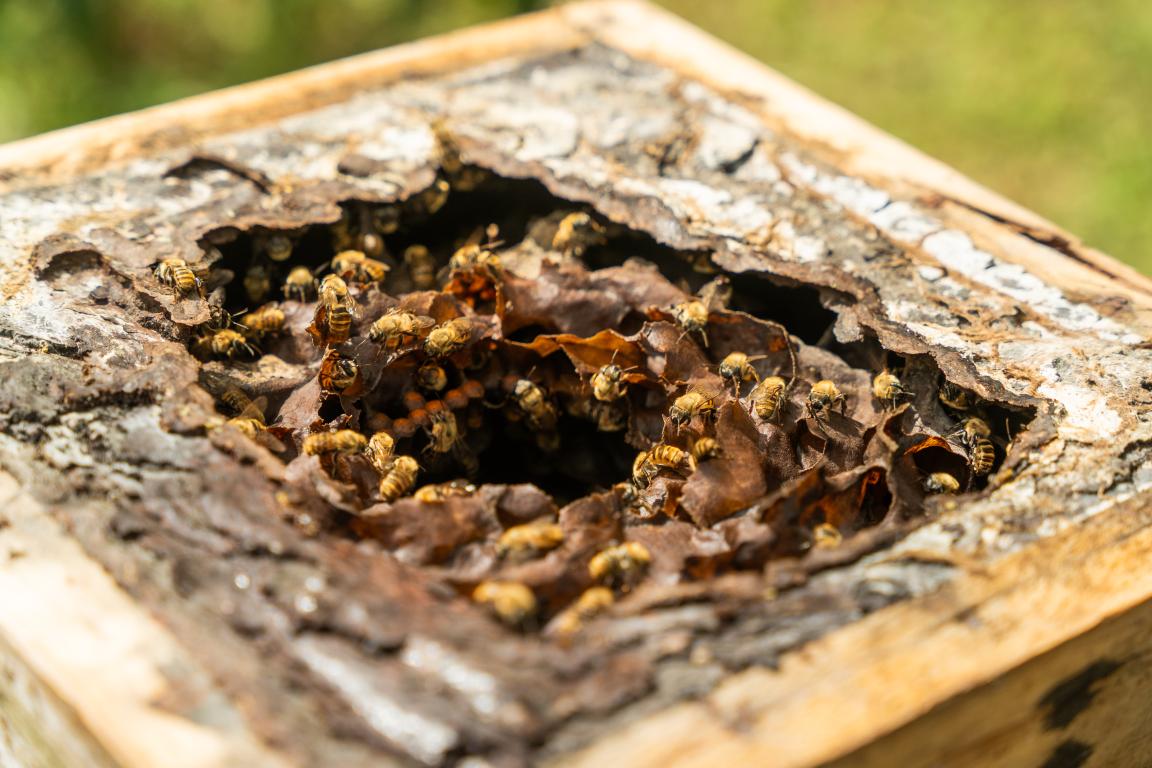2021.9000.7
Protecting pollinating insects in Latin America and the Caribbean
Regional action for enhanced protection of pollinating insects and pollination services in Latin America (Poli-LAC)
-
Cliente
- Bundesmin. f.Umwelt,Klimaschutz,Naturschutz u. nukleare Sicherheit
-
País
- Brazil, Costa Rica, Mexico, Paraguay, Peru
-
Runtime
- –
-
Partner
- BRA (MAPA), CR (MINAE), MEX (SADER), PER (MINAM), PY (MADES)
Contact
Andreas Gettkant

© IKI

© Profonanpe
More about the project
This project focuses on the following GIZ work priorities:
The project contributes to these Sustainable Development Goals (SDGs) of the United Nations: